Film festival offers global perspectives, speakers
The 13th-annual Bridges to the World International Film Festival highlights films from Mozambique, Latvia, Mexico, Japan and Egypt
By Rebecca Kirkman on January 27, 2021
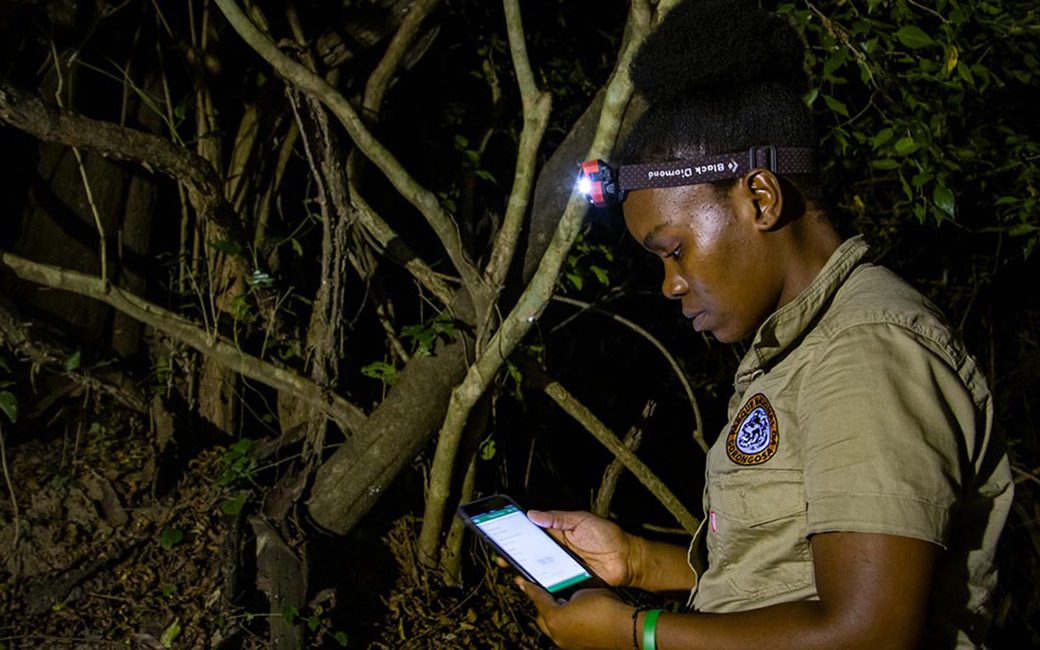
Over five weeks, travel to Mozambique, Latvia, Mexico, Japan and Egypt by film through the free, virtual Bridges to the World International Film Festival.
Moving online for its 13th season, the festival sponsored by the nonprofit World Artists Experiences aims to bridge the people and cultures of the world with communities throughout Maryland. Historically, Towson University has been one of five venues showing the films throughout the state. This year, films will be screened over Zoom.
Films selected by each country’s embassy will be screened weekly on Tuesdays at 7 p.m. EST from Feb. 2 through March 2. Each film will be introduced by a diplomat, scholar or producer, and a Q&A session will follow the Zoom screening. Films will be shown with English subtitles.
“The films are a means of presenting each country through images and sounds,” says Betty McGinnis, president of World Artists Experiences. “Our hope is that [viewers] will gain the spirit of each country represented.”
The festival also affords participants the opportunity to see films that are not typically distributed in the U.S., opening a dialogue about different cultures.
“The festival is important because it promotes intercultural understanding,” says College of Fine Arts & Communication Associate Dean Greg Faller, who has served on the festival’s planning committee since its inception. “To see films that show us the lives, challenges and triumphs of people in social, economic and environmental settings different than ours, we can learn so much.”
To join the screenings via Zoom, viewers must be logged into a Zoom account or provide a name and valid email address. If prompted, enter the password: Bridges. The same link and password will be used for all five screenings.
A pre-screening introduction will be held at 7 p.m., after which the film’s screening URL will be shared in the chat box of the Zoom webinar platform. Guests will then follow the link in the chat to screen the film on their own computers. Selecting the link will bring up an Internet browser window. After the film has finished, guests are invited to return to the Zoom webinar room to participate in a post-screening discussion using the Q&A feature.
Films and screening dates:
Feb. 2: Mozambique
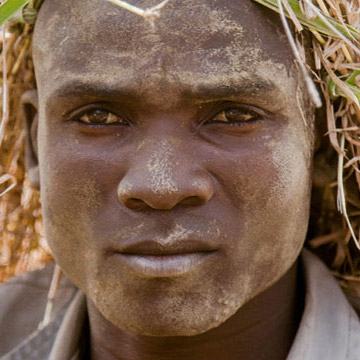
“Na Linha de Frente: Os Fiscais do Parque Nacional da Gorongosa [On the Front Line: The Rangers of Gorongosa National Park]” (2018)
Directed by James Byrne
Introduced by His Excellency Carlos dos Santos, ambassador extraordinary and plenipotentiary of the Republic of Mozambique to the USA, and Brett Kuxhausen, producer and cinematographer
In Gorongosa National Park, Mozambique, a brave team of rangers protects the million-acre park from a range of threats, including bushmeat hunting and illegal logging. But the rangers urgently need reinforcements. Seven hundred candidates attempt to pass the intense mental and physical tests over the 60-day trial required to become a Gorongosa Ranger. And, for the first time, women are allowed to apply.
Feb. 9: Latvia
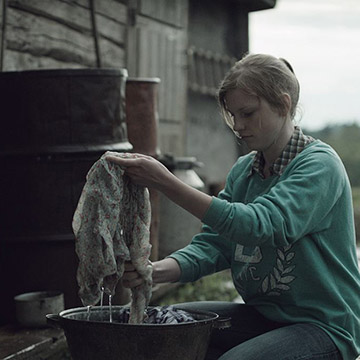
“Es esmu šeit [Mellow Mud]” (2016)
Written and directed by Renars Vimba
Introduced by Sarma Gintare, third secretary, Public Diplomacy Embassy of Latvia
“Es esmu šeit,” which translates as “I am here,” presents a bittersweet story of a young woman coming of age under extraordinarily difficult circumstances. Living with her younger brother Robis in a simple wooden cabin at the end of a soggy, nearly impassible road, Raya must function as a sister, mother, student, farmer and lover. In director Renars Vimba’s first feature-length film, his embrace of social realism provides the mechanism to honestly tell Raya’s poignant story of youthful mistakes and links the film to other examples of Baltic cinema that aspire to capture the “poetics of the everyday.”
Feb. 16: Mexico
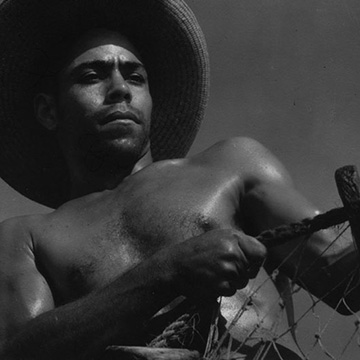
“Redes [The Wave]” (1935)
Directed by Emilio Gómez Muriel and Fred Zinnemann
Introduced by Gregorio Luke, scholar and lecturer on Mexican art
Produced by the Mexican government that emerged after the devastating Mexican Revolution (1910–1920), “Redes” tells the economic struggle of poor fishermen manipulated by the sole owner of their region’s fish market. In terms of cinematic and musical history, the film is a monumental—if perhaps unfamiliar—piece of art. “Redes” proved to be an innovative and seminal work that not only launched Mexico’s golden age of cinema but also created a new form of semi-documentary filmmaking. It demonstrates a clear political and aesthetic link to the Soviet cinema of the era.
Feb. 23: Japan

“Koi no shizuku [For Love’s Sake]” (2018)
Directed by Naoki Segi
Introduced by Minister Shinichi Saida, Head of Economic Department, Embassy of Japan in the USA, and Reed Hessler, scholar and lecturer on Asian cinema
“Koi no shizuku” offers a light-hearted combination of romantic, culinary and family dramas. Initially focusing on Tokyo University student Shiori (Rina Kawaei, a former member of the girl group AKB48) and her undesired sake internship, the film eventually features an ensemble cast of complex characters dealing with multiple personal issues. “Koi no shizuku” also shows us how sake is made through dedication, intense labor and teamwork.
March 2: Egypt
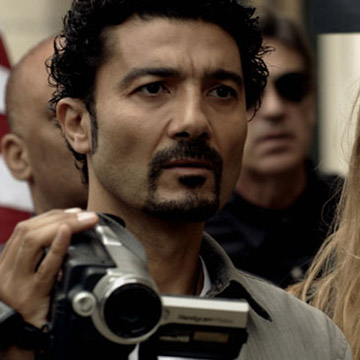
“Al-mowaten [The Citizen]” (2013)
Produced, directed and co-written by Sam Kadi
Introduced by Mohamed Hamza, Ph.D., Minister and Director of Educational & Cultural Bureau of the Arab Republic of Egypt and Sam Kadi, producer and director
In “Al-mowaten,” Egyptian actor Khaled Nabaway depicts Ibrahim Jarrah, who won a green card lottery to come to America. Telling a small lie to immigration officials on his arrival, he finds himself caught up in the 9/11 aftermath and detained for six months. This independent American film foregrounds an important challenge faced by immigrants: how to access and live the American Dream in a society that is suspicious of or feels threatened by you.
This story is one of several related to President Kim Schatzel’s priorities for Towson University: TU Matters to Maryland.